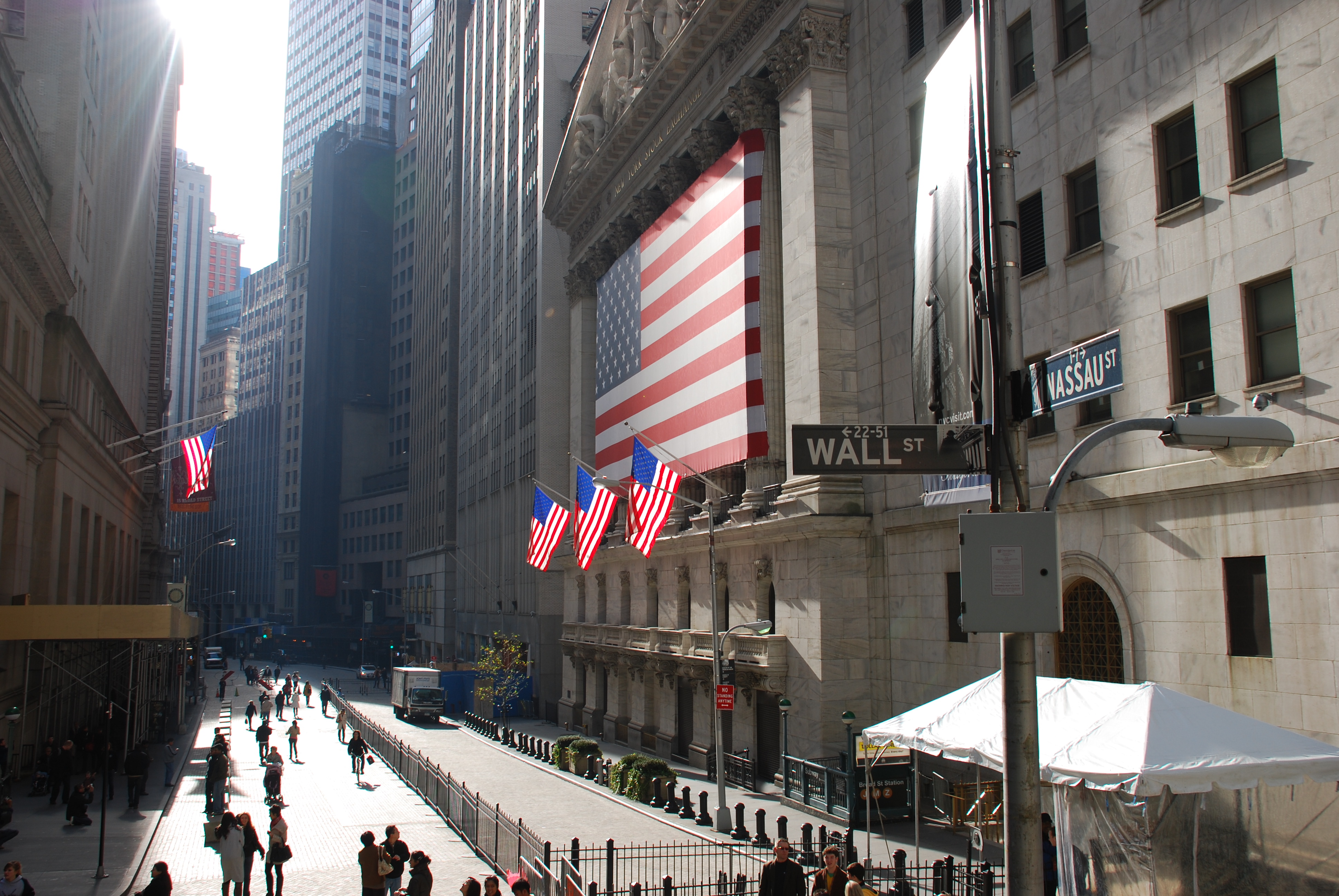ESPN recently aired a highly-acclaimed five-part documentary series on the O.J. Simpson murder trial.
I was a banker on Wall Street in the 1990s. I remember returning to the office one afternoon to find it almost deserted. After a brief, mystified search, I found 30–40 bankers crowded into a large office, some sitting on the floor, fixated on a television screen. The O.J. Simpson verdict was imminent. Why I wasn’t even aware of (or had forgotten about) this portentous event was not that much of a surprise — I had grown tired of, and had subsequently ignored, the entire dog and pony show some time before. I didn’t really care one way or the other what the verdict would be. I thought it pointless for me to spend countless hours on a ridiculous soap opera that “didn’t affect me.”
How naive I was.
I passed the office door and they all looked up at me. I might mention here that I was one of maybe two black bankers in the Investment Banking Division at that time. I got along well with my colleagues, was popular and well-liked and had never had any major grievances that I could connect to my racial background to that point. As I met their collective gaze in that moment, however, I suddenly felt decidedly uncomfortable. Feeling the need to break the tension, I mustered a jovial: “you all need to get back to work!” There wasn’t any detectable response. I went back to my office, wondering why, all of a sudden, things felt somehow different. I remember thinking that a guilty verdict would be desirable, if only to lessen this strange tension I was experiencing at my place of work.
A short time later, I heard a cacophony of shouting and cursing. My heart sank. As bankers made their way back to their desks, their loud, angry conversations would dip precipitously as they passed my glass-fronted office. Colleagues — friends — who would normally have a quip, a friendly insult, a question or a greeting now passed me in silence. I was also silent, unsure as to how to respond to the suddenly frigid atmosphere. The one encounter I remember was with the one banker who was never very friendly and who once held a loud, contrived “discussion” outside my door as to how relevant and insightful Bill Cosby was when he publicly criticized Black youth culture and the way they dressed and spoke (the term of art was “Ebonics” back then). He asked me, aggressively, how I felt about the verdict. I demurred, making an innocuous comment about it being unexpected. He persisted, I withdrew — gracefully. But it was discomforting.
I left early that day, a rare occurrence. I left because there was no safe haven at work. There wasn’t anyone I felt comfortable approaching to express my feelings of unease. No mentor, no small group I could access. My only option was to internalize and after a while I just felt tired, even nauseous. I couldn’t wait to get home where I could call friends, of all races, to share how I felt and to understand how they felt.
Intellectualizing, emoting — it was all so cathartic! I regained my balance quickly and that was that — it was over as an event for me. But a level of trust with my co-workers, built up over years of easy collegiality and effective, successful working relationships suddenly felt less secure.
Looking back on it now, I’m still amazed that someone as well-adjusted to my surroundings as I thought I was, could be so thrown off-balance by a single unexpected situation. How difficult must it be for organizations today to build a culture that can withstand similar unpredictable shocks. Where the assumption of good intent and honest feedback can overcome today’s litigiousness, random political correctness and the carpet of eggshells that conversations about “otherness” have become.
A lot of time has passed. O.J. is actually languishing in prison.
I suspect there’s a lot more work to be done.
This article was originally published on Medium.
